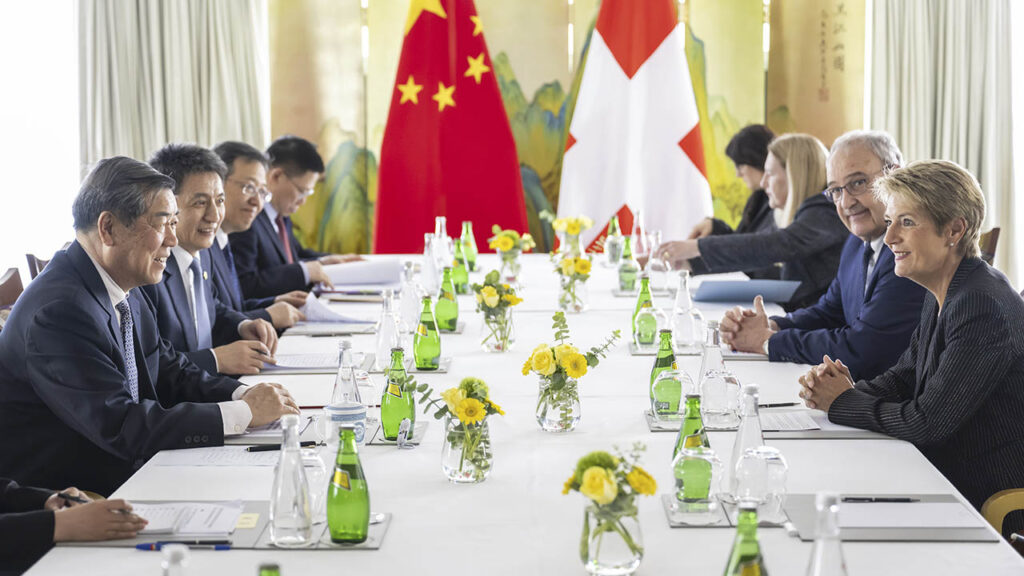Share
On March 11, 2020, the Legislative Analyst’s Office published a handout, which included a passage on the climate benefits of mass transit over private vehicles. Within days, a spreading virus made the case that our cars are a more hygienic means of travel than public transportation, where humanity is crammed together in an unhealthy intimacy.
Even in a “smaller” market like Fresno, that means millions of public transportation riders.

Kerry Jackson
Opinion
The title of the report? “Management of COVID-19 Guidelines for Public Transit Operators.”
Walk, Cycle, Use a Car
As the coronavirus was becoming a global fear, the Society for Human Resource Management was suggesting that companies encourage employees to avoid public transportation whenever possible and instead “walk, cycle, drive a car” as a means to control infectious disease.
Compared to mass transit, app-based travel is even a healthier choice. A doctor told the New York Times ridesharing is “likely low risk.”
Before coronavirus became a household world, an academic study from 2018 said, “Analysing the link between public transport use and airborne transmission: mobility and contagion in the London underground,” said “confined and crowded environments” can be “hot-spots for spreading disease.”
Another set of researchers warned in 2016 that “In the wake of new and emerging diseases, the rising number of drug-resistant pathogens and an ever-looming threat of bioweapons the vulnerability of transport infrastructures to airborne disease transmission can have severe implications.”
These are the infrastructures that policymakers and government planners want to herd Californians cattle-like into.
Mass Transit Is Breeding Ground for Flu, Too
Granted, viruses such as COVID-19 don’t come around often. But the seasonal flu hits us every year. It killed as many as 80,000 Americans in the 2017-18 season, the deadliest year in more than four decades. The Centers for Disease Control and Prevention says that the death toll for the current flu season will be between 23,000 and 59,000, with possibly 54 million illnesses and 25 million medical visits.
Mass Transit Serves the Public Good, but Shouldn’t Be Forced on Us
None of this is a plea or demand that officials shut down public transit. For some, it’s a convenience, for others, a necessity (that would pose less risk when not overflowing with patrons). It’s merely a reminder that policymakers and planners who are working overtime to protect the public’s health amidst the coronavirus pandemic should back off their crusade to force Californians into mass transit systems, which they want to see jammed with riders.
It is elected officials’ duty to serve the people, not dictate the public’s choices. If they’d listen to voices other than their own and those of noisy special interest groups, they would relieve California’s congestion roads by adding needed lanes, repairing wrecked roads and bridges, and reversing the road diet. They’d also get out of the way of entrepreneurs who envision a convenient and easy-flowing autonomous car corridor that would span the length of the state.
And they’d do all this without raising already steep motor fuel taxes and vehicle registration fees, the revenues of which are often diverted to other purposes, such as mass transit, bike paths, recreational trails, pedestrian walkways, and even political campaigns to keep fuel taxes high.
[covid-19-tracker]
Politicians Should Make Life Easier, Not Harder
Imagine how hopelessly congested roads would have been freed up had California spent the more than $3 billion it’s already sunk on the bullet train blunder on automobile infrastructure. But as Reason’s Baruch Feigenbaum has noted, “for years, California has prioritized wants over needs.”
“Normally one would expect our elected officials to want to make life easier,” writes Chapman University professor Joel Kotkin in a commentary headlined “Transit planners want to make your life worse.”
“A transit agency should orient itself not to social engineering, but to looking at innovative ways to contain traffic,” Kotkin continues. “But such ideas are not welcomed by those who have decided only their solution — more trains — is an acceptable alternative, and damn the consequences.”
Stripping us of our individualism by steering us into public transit is a conditioning exercise to soften us for increased government intrusion, or, as columnist George Will puts it, to make us “more amenable to collectivism.”
The freedom to move about in our own vehicles is more liberty than quite a lot of politicians are comfortable with. It’s a stubborn position they need to rethink while reading headlines about today’s pandemic.
About the Author
Kerry Jackson is a fellow with the Center for California Reform at the Pacific Research Institute. He wrote this exclusively for GV Wire.
RELATED TOPICS:
Two Teens Charged in Shooting Death of Caleb Quick
1 day ago
Soviet-Era Spacecraft Plunges to Earth After 53 Years Stuck in Orbit
1 day ago
Tax the Rich? Slash Spending? Republicans Wrestle With Economic Priorities in the Trump Era
1 day ago
Experts Call Kennedy’s Plan to find Autism’s Cause Unrealistic
1 day ago
Trump’s Trip to Saudi Arabia Raises the Prospect of US Nuclear Cooperation With the Kingdom
1 day ago

US-China Tariff Talks to Continue Sunday, an Official Tells The Associated Press

Two Teens Charged in Shooting Death of Caleb Quick
















